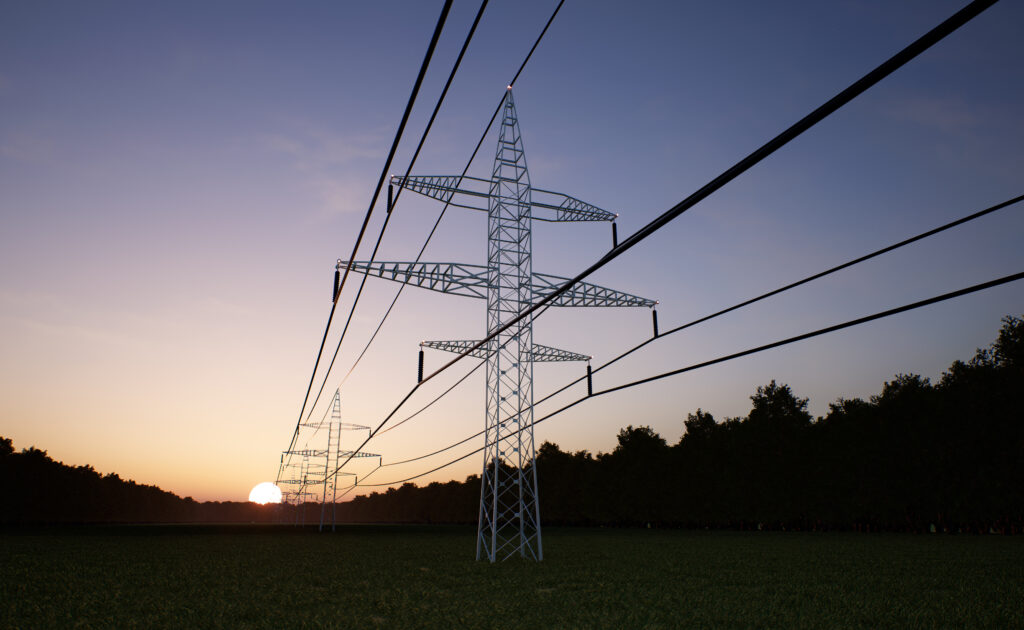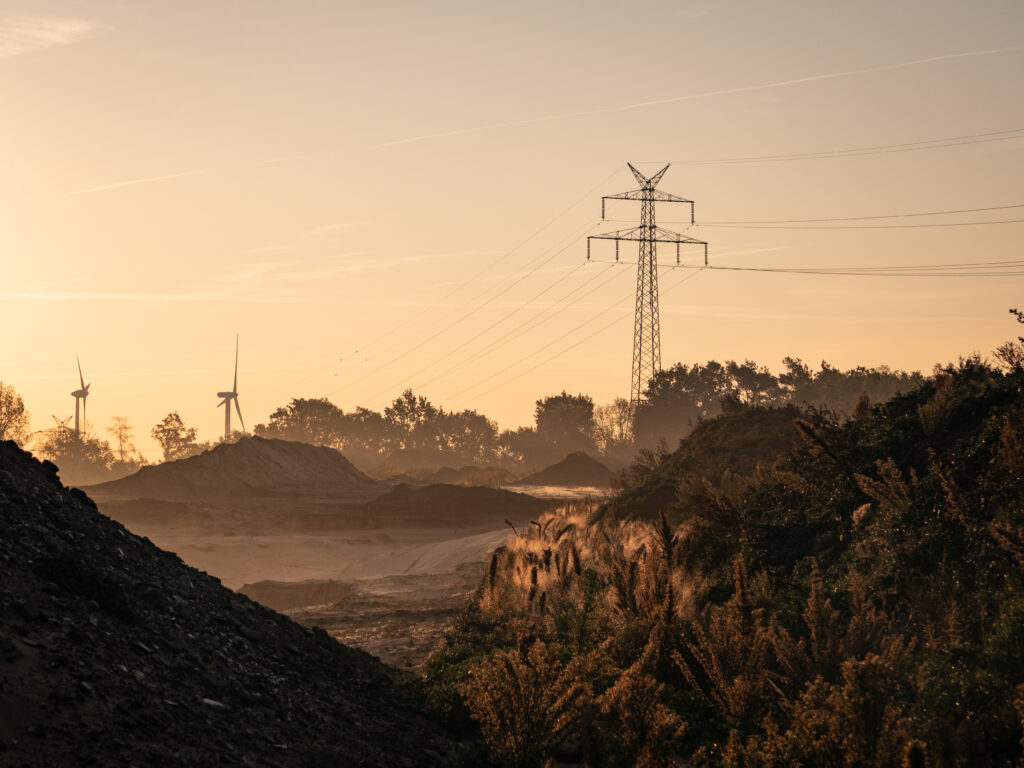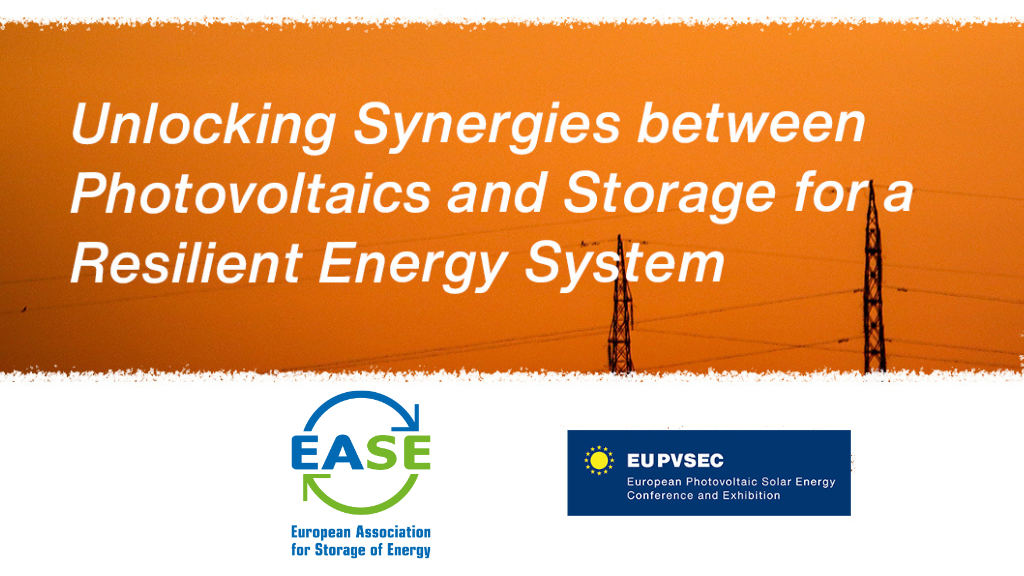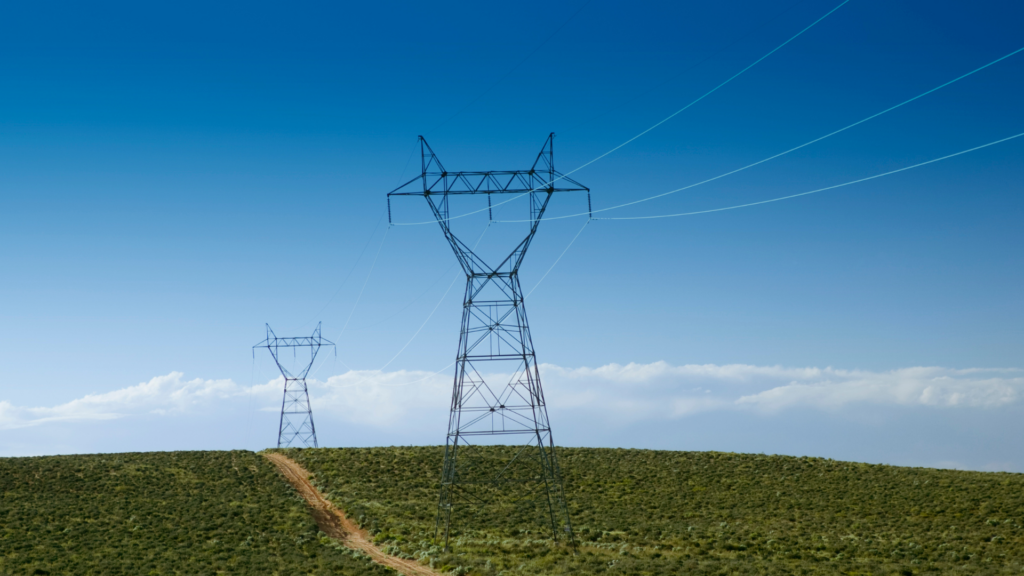29.07.2020 / News
Welcome On Board Tomas Bata University!
The European Association for Storage of Energy (EASE) is glad to extend a warm welcome to its newest member Tomas Bata University (TBU) - who joined EASE in July 2020. Prof Sáha, Director of University Institute, agreed to discuss with us TBU’s expertise in energy storage, and expectations from this collaboration with EASE.
EASE: Prof Sáha thank you very much for accepting this interview. We are very really happy to have TBU among our members and we would like to know more about your activities in the sector. Could you summarise the most interesting insights from TBU’s work for energy storage in Europe?
Prof Sáha: We are investigating a small and a very complex project in the field of advanced footwear. The solution is based on hybrid membranes that are able to collect energy from biomechanical motion and store it in our elastic supercapacitors. The stored energy is used to activate sensors in the sole and for sending data online to a mobile phone. In this case, there is one hybrid membrane for harvesting, storage and sensing.
EASE: We look forward for a very fruitful collaboration with you and to receive TBU’s inputs for our Working Groups and Task Forces. What created the interest from your University to join EASE?
Prof Sáha: The harvesting, storage and use of energy is taking on a completely new dimension. Energy storage plays an important role, as it can respond to the ubiquitous/ omnipresent changeable energy consumption. For this reason, great attention is paid to energy storage facilities able to overcome discontinuous energy consumption and meet special requirements of energy producers and consumers. We believe that EASE is the most important institution that can affect energy storage development policy and naturally we want to be part of this network. This cooperation was funded by the Czech Ministry of Education, Youth and Sports INTER-EXCELLENCE programme under the agreement no. LTT20005.
EASE: What is your vision on how storage can contribute to the energy transition?
Prof Sáha: Our University vision in contributing to the energy storage transition will focus on:
- Hybrid systems of energy devices, which are able to connect two or more systems in one device. Samples of such typical combinations can consist of supercapacitors and batteries or a harvesting device and an energy storage or finally yet importantly, it can combine a harvesting device, energy storage, actuator device and a sensing element.
- Miniaturizations of stationary storages or batteries for electric vehicles. It is assumed that high-capacity micro batteries will be disposable, which will allow maximum utilization of their capacity. Micro batteries with greatly reduced volume and weight will not depend on centralized energy recharging networks. They will be easily replaceable.
- Development of "green energy storage" based on readily available natural materials that will be environmentally acceptable or easily recyclable after their lifetime period.
Become a Member
Don't miss any policy update and benefit of special discounts for EASE events. Get a premium access to all our services and shape the future of the energy system!




